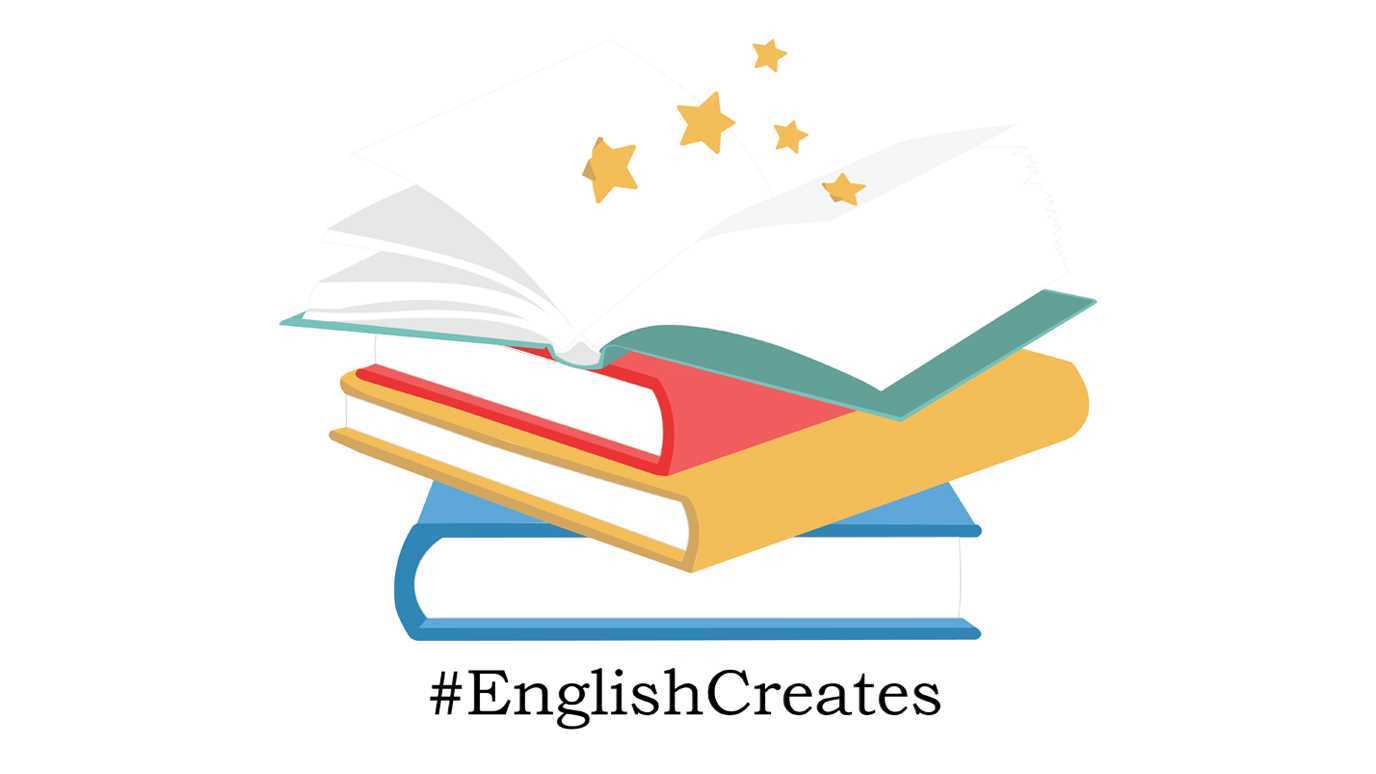New research from Royal Holloway has discovered how natural responses to stress in plants modify the way DNA is wrapped up in the cell to help it withstand the adverse effects that climate change has on its growth.

Lending a hand to plant life - Thale Cress DNA
The novel research, by Professor Alessandra Devoto, Department of Biological Sciences, Royal Holloway, and her team, in collaboration with Dr Motoaki Seki, RIKEN, Centre for Sustainable Resource Science, Yokohama, Japan and Dr Jong-Myong Kim, from Ac-Planta Inc and the University of Tokyo, Japan, used the model plant Arabidopsis thaliana (Thale cress) treated with the plant hormone Jasmonate to stress out the plant’s internal mechanism.
By doing this, the team analysed how stress can alter the way DNA is coiled in cells to switch genes on and off. The understanding of such mechanisms could lead to improved plant survival to adverse environmental conditions, such as drought, resulting in a stronger plant capable of withstanding climate changes.
Professor Alessandra Devoto, from the Department of Biological Science at Royal Holloway, said: “Our research has shown that changes in the natural modifications of the proteins binding the plant DNA (namely ‘histone modifications such as acetylation or methylation’), could lead to durable, inherited traits to make future plant generations more robust against other stresses like cold or pathogen attacks.
“This is very important data in light of the climate change crisis, as growing crops to feed the world will become increasingly difficult.”
Stacey Vincent, PhD student from Royal Holloway, added: “Being able to generate plants which can resist adverse environments would be a real game-changer. We’re very excited to have discovered these finely-tuned stress responses in plants.”
Dr Jong-Myong Kim, from Ac-Planta Inc and the University of Tokyo, added: “This investigation shows how the effect of stress has repercussions across the whole plant genome and it is universally conserved between plants and animals.”
Dr Seki, from RIKEN, Centre for Sustainable Resource Science, Yokohama said: “These findings are an important milestone in understanding the mechanisms through which plants, that are of fundamental importance to guarantee animal life on the planet, can become more resilient to the challenges they face in the future.
“We are extremely proud to be able to lend a helping hand to plant life.”
























